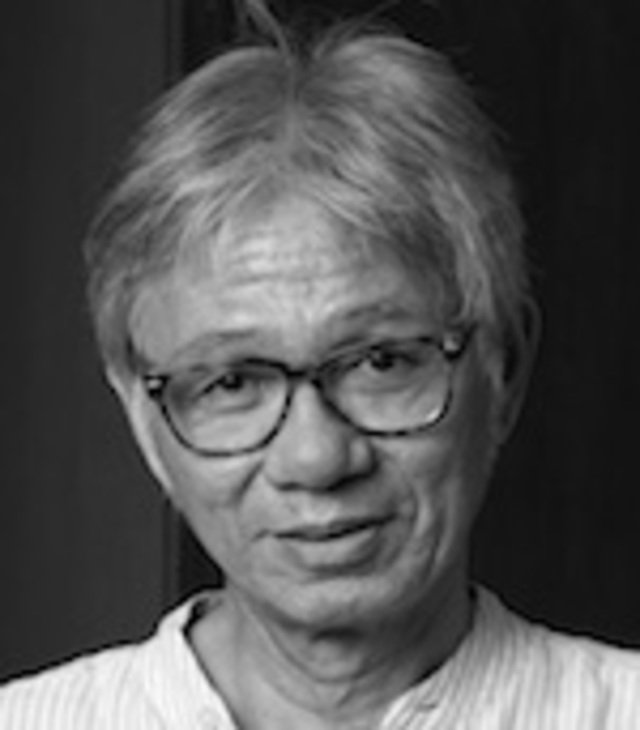

Not two years into Rodrigo Duterte's 6-year presidency, 9 press practitioners have been killed, in the manner of assassinations mostly – masked gunmen riding a motorcycle in tandem. The latest victim was Edmund Sestoso, a broadcaster in Dumaguete City; he was gunned down on May 1.
Little perspective is gained by comparing that number with those in previous presidencies for these reasons among others: one, with more than 4 years to go in his term, Duterte has all the time to make up; two, press freedom, as critical as it is to a democracy, is but one of the freedoms he wants to kill– he wants to kill them all; and, 3, his regime, even compared with others of similar high-handed predispositions, is precisely incomparably demented and harsh.
Upon taking office, he put the news media on notice that he was brooking no criticisms – he characterizes them in general as untruthful and corrupt. Still, he tried to coopt them, and those who proved unyielding he tried to intimidate. He has targeted Rappler in particular. First, he set loose the Securities and Exchange Commission on it for some questionable infraction. Then he banned its reporter, Pia Ranada, from covering his office, and, when she insisted on doing her job, she was forced out and warned she could have suffered worse.
The government and the press being natural adversaries as democracy goes, Duterte has found conspirators among official institutions, and a particularly sycophantic one is the House of Representatives. Only recently, it warned that it, too, was banning reporters who “besmirch the reputation of...its officials or members" – an offense that, needless to say, it will call arbitrarily.
In the meantime, Duterte has his army of trolls, bloggers, and coopted and pseudo practitioners deployed to savage the proper press as well as other vocal dissenters. The Reporters Sans Frontieres (Reporters Without Borders), the Paris-based organization watching the observance of press freedom in 180 countries that pretend to it, has rated the Philippines 133rd, down 6 places from last year, settling in the bottom fourth.
Under the Duterte regime, the prognosis for press freedom has never been direr, indeed. It’s no longer content to use subterfuge, stonewalling, cooptation, and threats on the media; it is shutting them out as a matter of policy.
All this is part of a drive toward dictatorship. And it's not as if Duterte made any pretentions about it. He stood for president preceded by a reputation built over two decades of an autocratic provincial-city mayor; and, upon ascending to the presidency, he warned repeatedly of the prospect of his ruling by martial law, in fact mouthing the very phrase.
Dictatorship is something he may not even have to declare. In fact, it’s already in operation to an extent made possible by the enlistment of the right political and security forces. That has been most manifest in his virtual cession of sovereignty to China over Philippine territorial seas and subsequent suspicious dealings with it in business, trade, and loans; his brutal war against illegal drugs, in which more than 20,000 were killed in just about a year; his bombing war against a band of brigands and supposed separatists and Islamic State terrorists in Marawi City, in Mindanao; and his martial rule over the whole island of Mindanao, which has gone on for a year now on various pretexts with congressional and judicial approval.
Most recently, Duterte suspended freedom of the press and of movement in Boracay, the world renowned white-beach island in central Philippines, ostensibly to cleanse it of pollutants and corrupt local officials and their private corruptor-partners, although more likely to allow, unnoticed, the construction of Chinese casino facilities there.
Indeed, China is emerging as the Duterte regime’s ultimate patron – as investor, infrastructure builder, labor and material supplier, and money lender – in a modern-day sort of colonial arrangement.
Not to mention, on islands, both natural and Chinese-built, in and around the Philippine waters Duterte ceded to China have sprouted military installations, complete with missiles, that now arouse perfectly reasonable anxieties, especially among nations using those waters as an international passageway.
Press freedom may be a perfectly legitimate critical cause, but to be fixated on it is to miss the forest for the trees: The forest is the death of democracy – by foreign subjugation. – Rappler.com